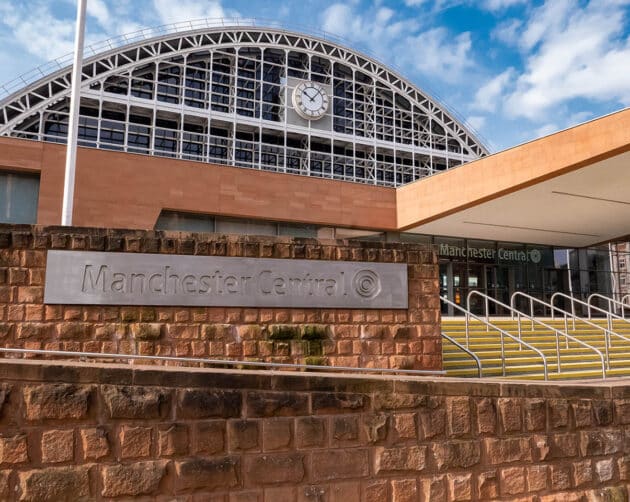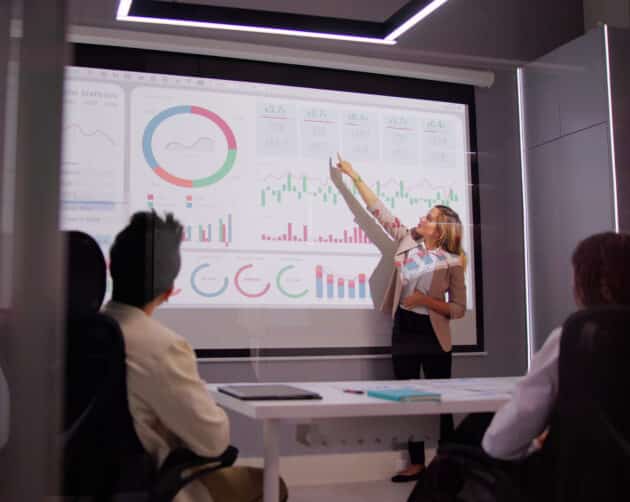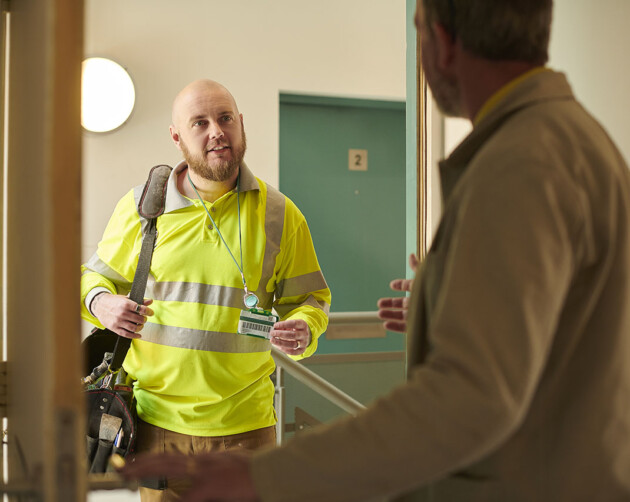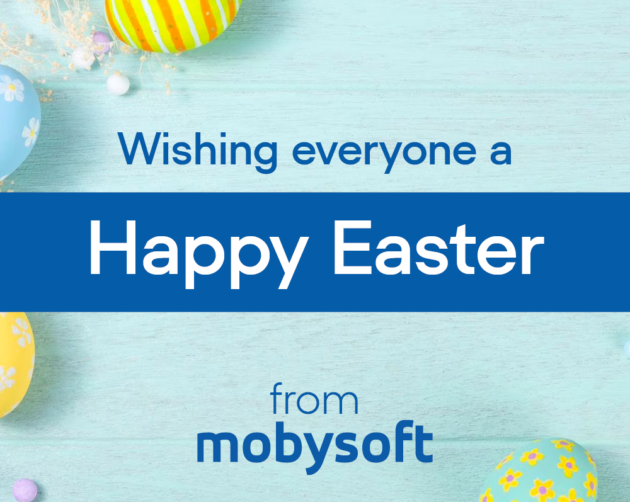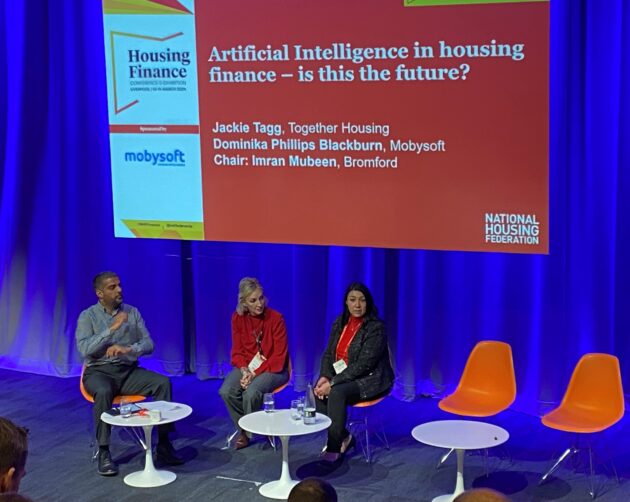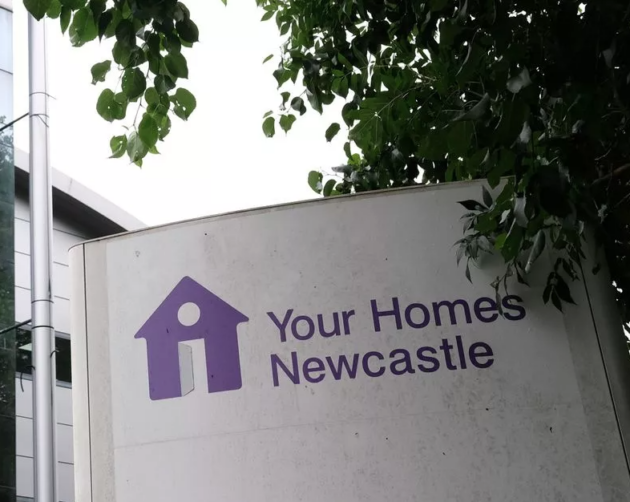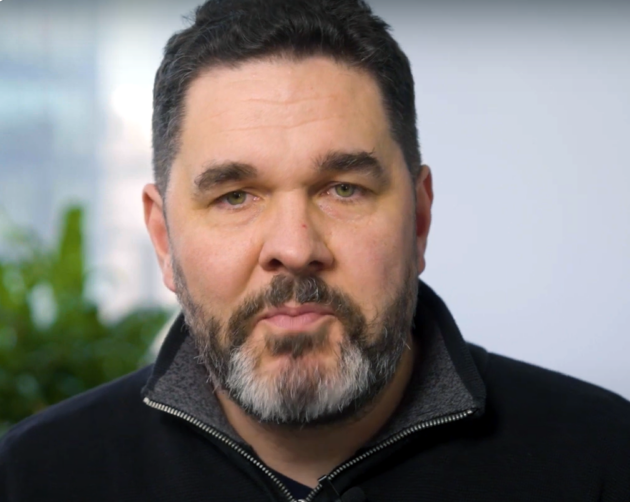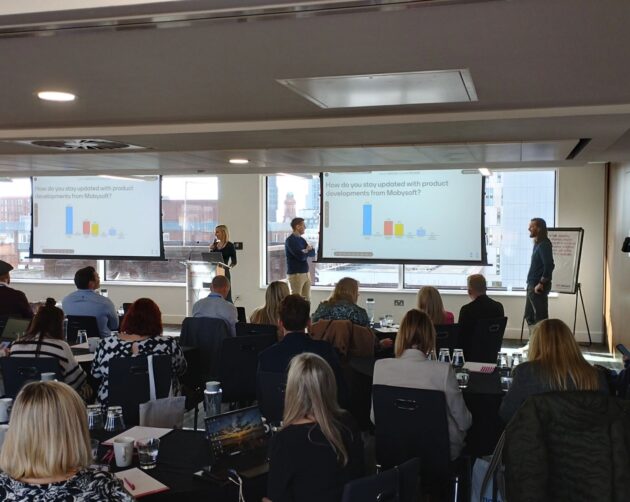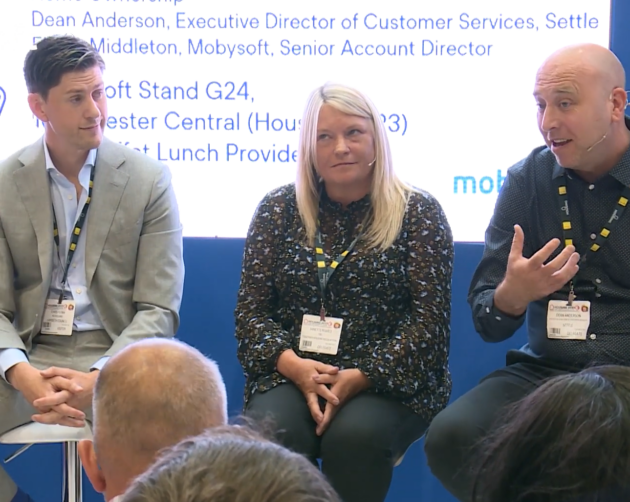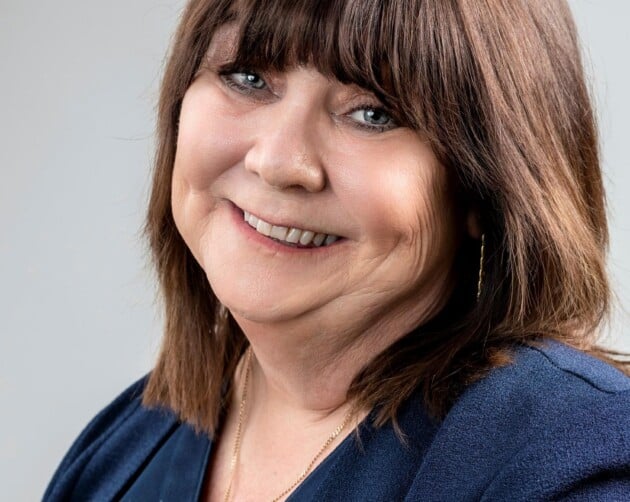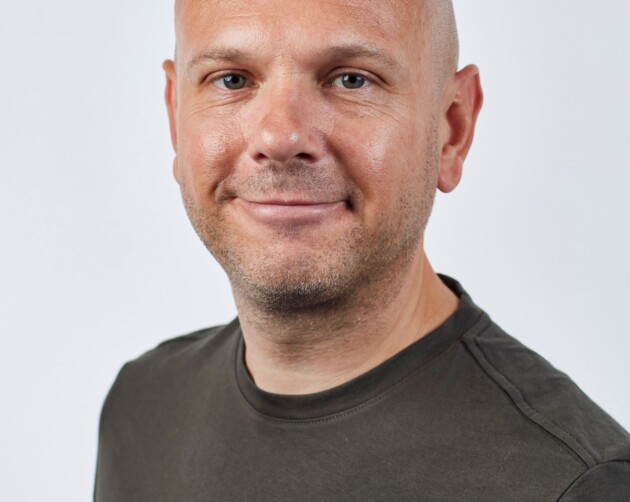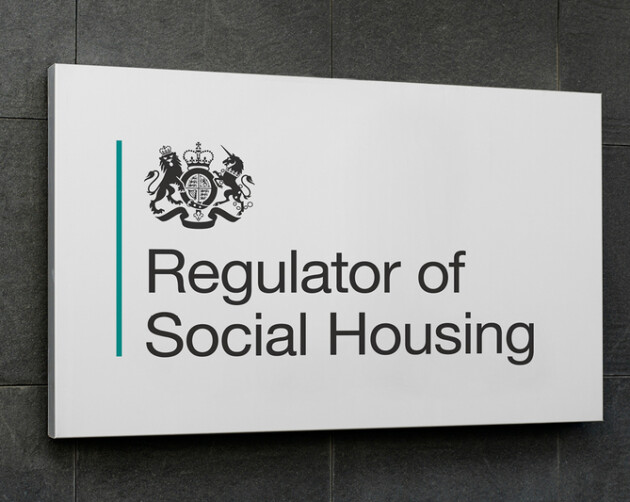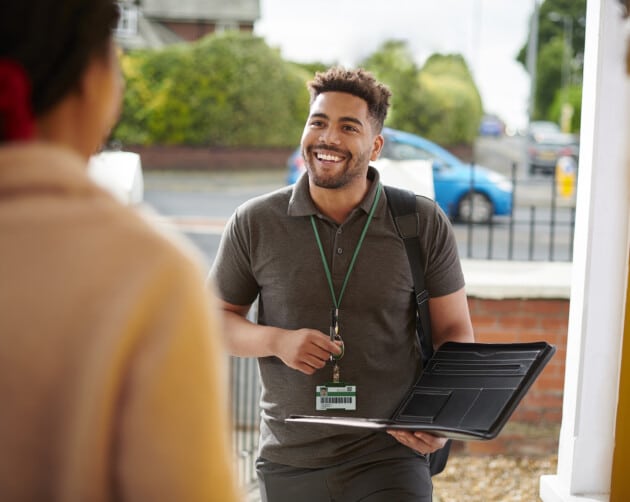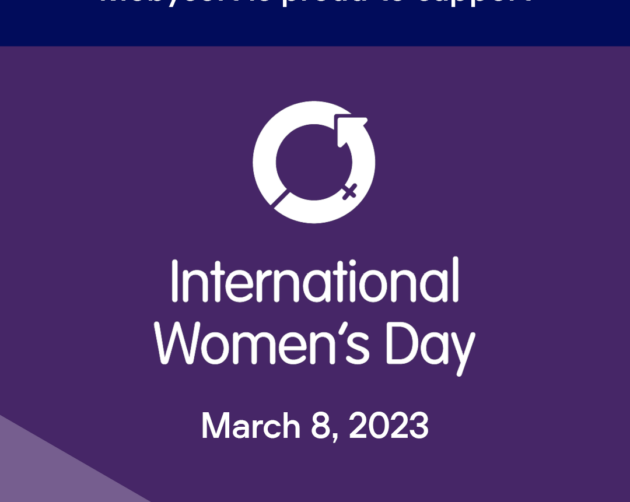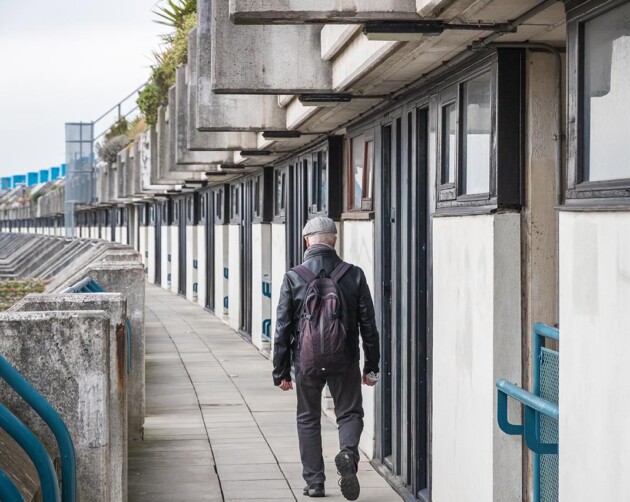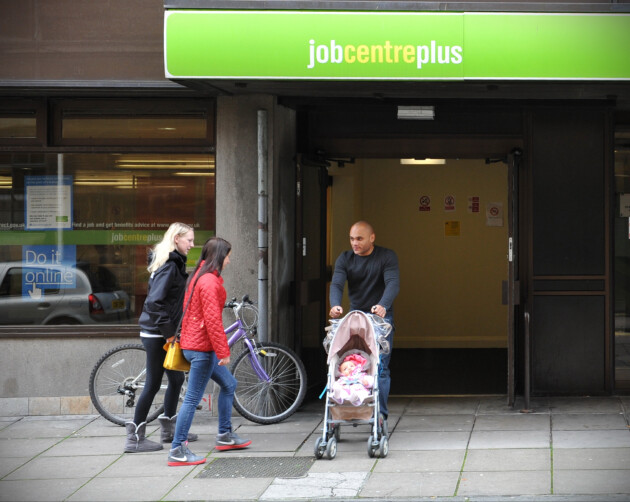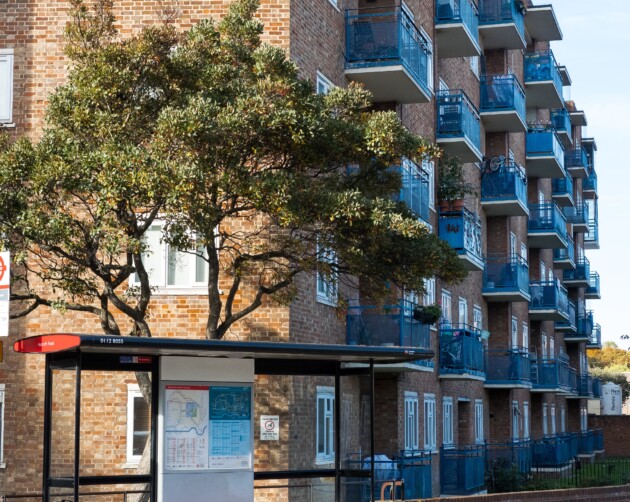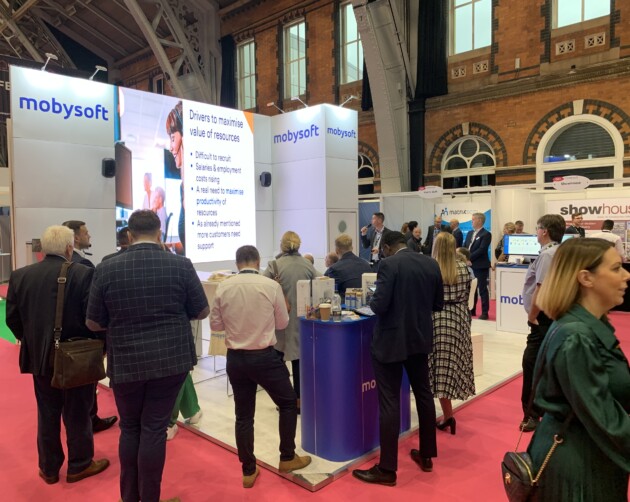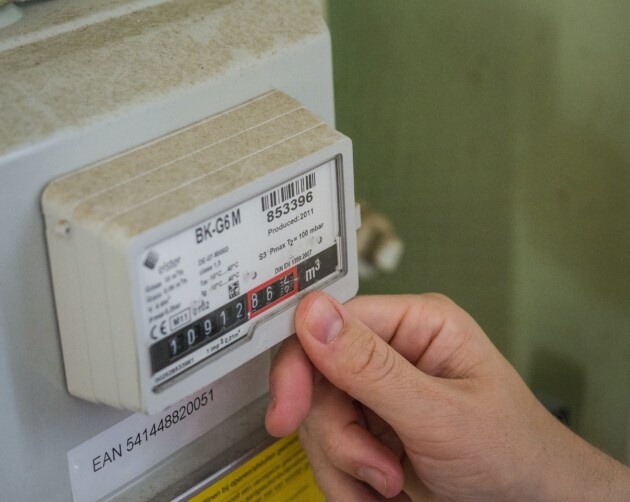
Digital & Business Transformation – A Never-Ending Tale?
Social landlords face a challenging future through a changing environment. Government policy is impacting rent rolls along with reducing subsidies from Westminster as well as changing regulatory requirements. All this means margins are being squeezed so landlords are looking offset this with savings elsewhere, such as streamlining operations and stalling developments. However, one solution is being explored that will not only increase operational efficiency but also improve the experience of residents, and that is Digital Transformation.
Not only will digital transformation make it easier for customers to talk, connect, communicate, learn and self-serve with landlords, but it should also improve and standardise their experience no matter who or ‘what technology’ deals with their query.
So that means getting a myriad of systems to connect and automate processes as well as upskilling staff, so they can deal with a wider range of responsibilities.
The upshot is a seamless and improved customer experience. The benefit for the landlord is improved operations, customer service and lower costs with happier customers.
It all sounds so easy, but the reality is something different. The journey in digital transformation is not only long but it can be fraught with difficulties. Tony Smith, better known as The Housing IT Guy, has worked on many transformations across the sector, and highlights that there are common mistakes made.
Managing technology and the process can be the hard part
Often, I have encountered RSL’s who assume if the technology and software is procured, then the transformation will magically just come. Key is finding, or having help to find, the appropriate digital partners, within budget and risk perceptions.
Tony Smith, The Housing IT Guy
Torus, a landlord in the North West of England, are going through a digital transformation at the moment, and they worked with Tony Smith, in planning and executing the journey, which included consolidating 27 systems down to seven.
Looking at back at the project, Liz Haworth, Transformation Director commented.
“As we were bringing two businesses together, it was important that we engaged frontline teams at every stage. We used an approach called ‘test and learn’ to enable colleagues to work together, design new ways of working and help specify new systems.”
Perhaps most pertinent is the fact that both customers and staff must be comfortable using whatever is developed, online portals and so forth, and getting them involved in the process is arguably the most important element.

“Involving staff (and customers) at all levels and having directors and SMT involved in every part of the journey is the most crucial thing. Staff need to shape the changes and embrace it along the way. Some will be hungry for it and others will need help to embrace and be comfortable with it.” Tony Smith
“Be sure to concentrate on the ‘low hanging fruit’ to transform, which provides big benefits to customers & the RSL. Don’t concentrate on perhaps digitising the 35 Void inspections per month, when customers would really benefit from logging some of the 700+ repair requests on new self-service, any time 24/7,” continues Tony.
Knowing what your customers want
This is something that was central to Moat Homes’ digital transformation project, focusing on quick wins and those that projects that made the biggest initial impact.
“It is important to prioritise what you are trying to achieve, and also be able to measure the impact this will have on the organisation,” commented Mark Rogers, Business Transformation Director at Moat Homes.
However, there needs to be succession planning as this is not a one-off project that gets signed off, it is a continual process. So, we were already planning for the next stages of development on the portal before the first iteration had gone live.”
Mark Rogers, Moat Homes
Perhaps that is the most prescient point about digital transformation, there is no end point, it is constantly evolving and demands that landlords continually look to improve and further refine their systems and processes to ensure they embed the efficiencies and strive to improve their services.
“RSLs need to be bold with digital transformation, fully ‘plumbed in’ mobile and self-service is the only way to leverage internal efficiencies and increase customer satisfaction at the same time. Few RSL’s are at the curve, never mind beyond it. Most have a lot of catching up to do,” comments Tony.
At CIH Housing Conference, in Manchester, on Tuesday 26th June, Mark Rogers, Director of Business Transformation and Danielle Copeland, Project Manager, both of Moat Homes, will discuss Moat’s journey in developing their Digital Transformation strategy and portal for their business, as well as how it is making a difference to how people work and the impact it is having on their tenants. The seminar is free to attend, although spaces are limited and delegates will need to pre-book.
Be ready for what tomorrow brings.
A RentTest enables landlords to benchmark their data against 170 landlords and see what RentSense would deliver for their organisation





